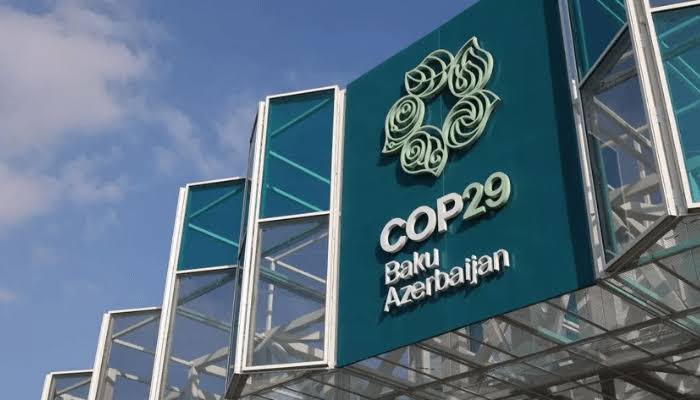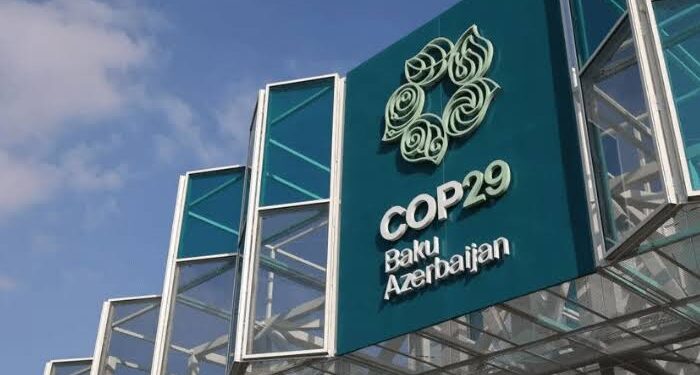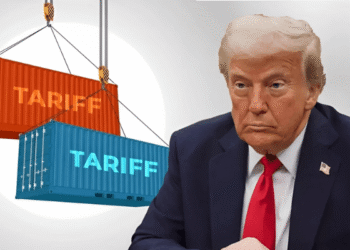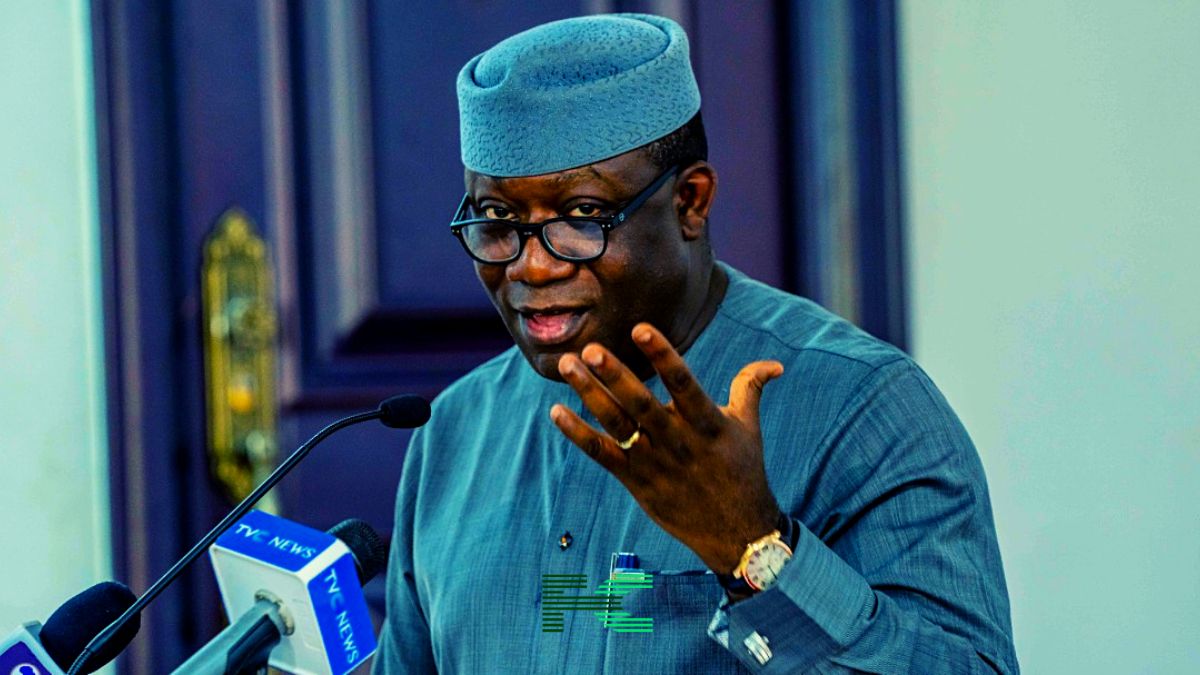The COP29 climate conference faces a significant crisis as reports indicate several developing nations, including members of the Alliance of Small Island States (AOSIS), have walked out over disagreements on climate finance. AOSIS, representing vulnerable low-lying island nations, has been one of the most vocal advocates for urgent climate action.
The Plight of Small Island Nations
Small island nations such as the Maldives and Caribbean countries are on the frontline of global warming:
- – Rising Sea Levels: Approximately 80% of land in the Maldives is less than 1 meter above sea level, posing an existential threat.
- – Uninhabitable Lands: A 2018 study suggested many atoll islands could become uninhabitable by mid-century due to regular coastal flooding.
- – Disproportionate Impact: These nations also face heightened risks from tropical storms and other climate hazards, despite contributing minimally to global emissions.

Lacking the resources to adapt to rising temperatures, AOSIS nations expressed outrage at the climate deal proposed last night, describing it as showing “contempt for our vulnerable people.”
Stalled Negotiations and Complexity of Consensus
With nearly 200 countries in attendance, COP29 requires a two-thirds majority or a quorum to finalize agreements. However, the withdrawal of nations and the tight schedules of remaining delegates have complicated proceedings.
The failure to reach an agreement would be a significant setback for global climate action, especially as the effects of climate change worsen worldwide.
COP29 Leadership’s Call for Unity
COP29 President Mukhtar Babayev has called for renewed efforts to find common ground, urging nations still engaged in the talks to work towards a consensus.
“The eyes of the world are focused on us; however, time is not on our side. I ask you to step up your engagement with one another,” he said in a plea to delegates.
The Critical Question
As negotiations continue, the central issue remains: can COP29 bridge the divide and deliver a meaningful climate agreement, or will it become yet another failed attempt to address the escalating climate crisis?

















